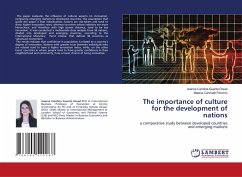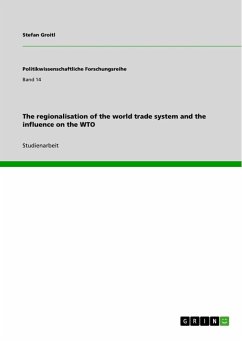The paper evaluates the influence of cultural aspects on innovation, comparing emerging markets to developed countries. The assumption that guide the paper is that individualistic nations are risk-takers and tend to show higher innovation rates; whereas countries whose relations are more hierarchical, and therefore with high power distance, tend to be less innovative. It was conducted a multivariate data analysis from 56 nations, divided into developed and emerging countries, according to the International Monetary Fund criteria, that defines 36 countries as "advanced economies". The results indicate that confidence in population is related to a country's degree of innovation. Nations with greater trust between individuals who are related tend to have a higher innovation index, while, on the other hand, countries in where people tend to have greater confidence in their neighborhood and community, have a lower chance of being innovative.
Hinweis: Dieser Artikel kann nur an eine deutsche Lieferadresse ausgeliefert werden.
Hinweis: Dieser Artikel kann nur an eine deutsche Lieferadresse ausgeliefert werden.








